Training the Working Dog, Being a K-9 Handler
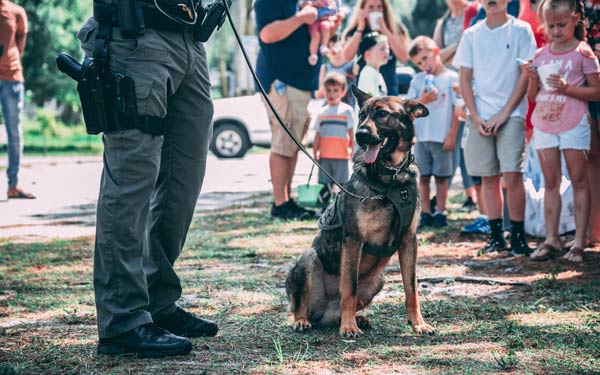
Foreword by Ed Frawley
I met Kevin Sheldahl in 1984 at a police K-9 school in Kansas. We have been good friends ever since. Kevin is a retired police K-9 handler. He became a K-9 Instructor and an International Police Dog Judge. Kevin's company K-9 Services runs 6-week police K-9 courses in which police officers learn how to become new K-9 handlers. To date, he has run 70 6-week courses and trained over 1,200 K-9 handlers. I don't know of another dog trainer that has Kevin's experience and knowledge of police service dogs training.
Well, yesterday I finished teaching my 56th (I think) Basic K-9 Handler Course to a group of 11 law enforcement and military handlers. It gives me a great sense of worth to be able to provide this service. I know that I and my other instructors take a lot of pride in the outcome of these courses and the careers of the students after they graduate.
I always tell the students that the certificate that they receive, although representing a lot of effort and study, is simply a license to get started. It is a starting place to begin to learn, experience, and explore the best, the craziest, the riskiest, most satisfying specialty they could ever imagine. They also enter a community within law enforcement that is decidedly small. There are only among civilian law enforcement entities around three quarters of a million officers/deputies/agents/investigators. Then from that probably somewhere less than 20,000 handlers currently in service. They are a special group that seems more dedicated to training, learning, and networking than any other group within law enforcement.
It is rare to see dog trainers who have to maintain their dogs working capability while at the same time testing that capability, often everyday, for years. The difficulty of doing so is often not appreciated by those that haven't experienced it. Training above and beyond the minimum provided becomes a must do to keep the dogs functioning. The good dog handler trains his/her dog above and beyond the allotted departmental training allowance. Why?, because the dog reflects them, it represents a degree of professionalism, and it is a safety tool, a investigative tool, and it is relied upon by the non-dog handler. The law enforcement community has expectations of their canine brethren. Often expectations that are quite high, and often they do not understand the commitment represented in that performance.
For my hundreds of graduates over the years; your efforts often go unnoticed, they even go unappreciated by those who simply do not know the energy you put into your partnership with a dog. I understand deeply, but I will also say to you, it is more than worth the effort and commitment to the craft. Trudge on handlers! Work hard, enjoy your beast, enjoy the ride. There is nothing like it!!!




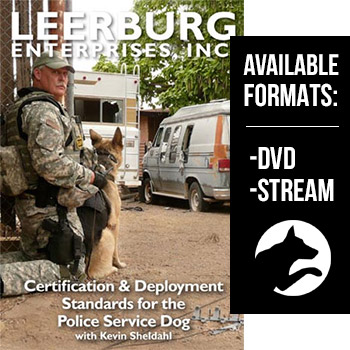
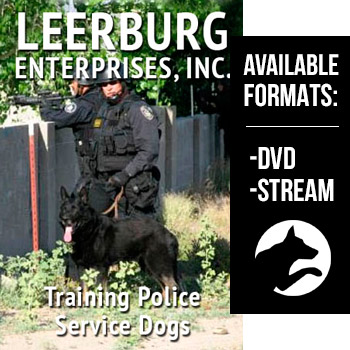
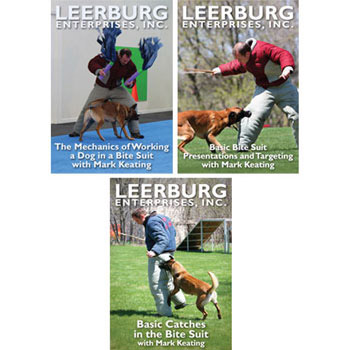
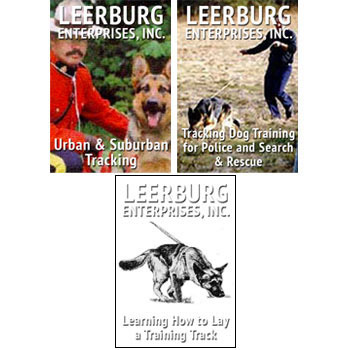
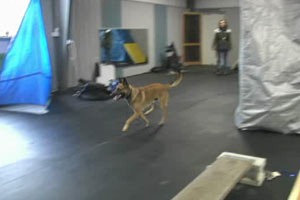

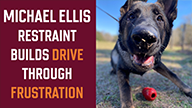
Ask Cindy.